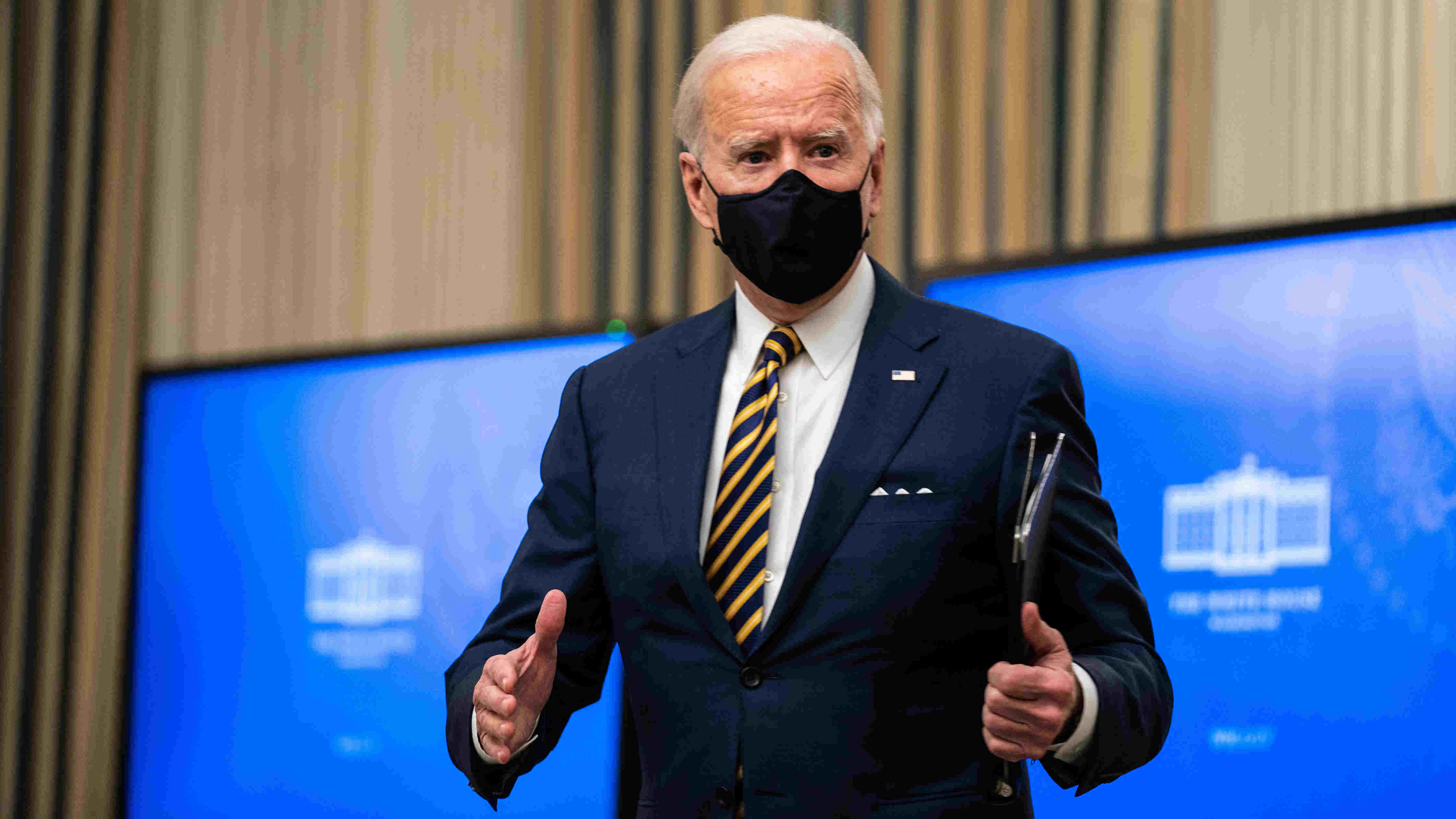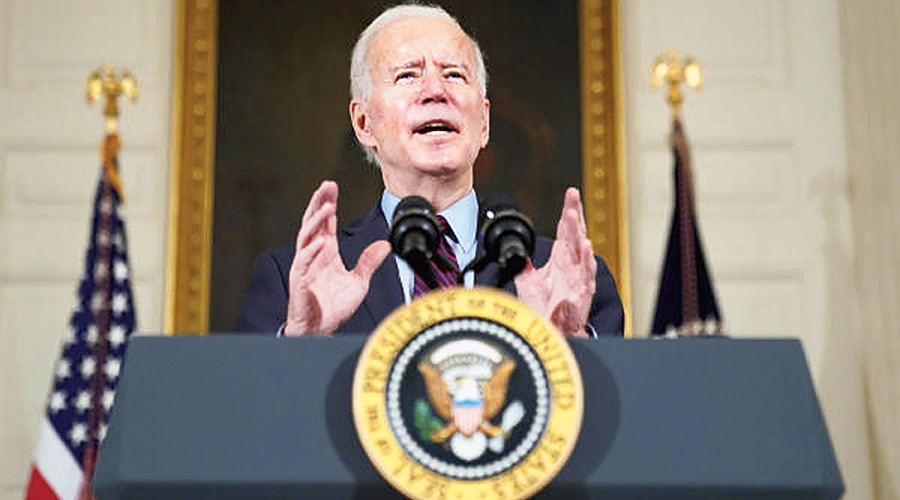The Biden administration has announced its support for a waiver on intellectual property (IP) protection for Covid-19 vaccines, first proposed by India and South Africa, but experts expect months of negotiations before such a relief helps increase global supplies.
US trade representative Katherine Tai on Wednesday said America would support waiving IP protection for Covid-19 vaccines, a move that could provide vaccine makers in India and elsewhere access to proprietary knowhow and technology to produce generic versions of foreign shots.
“The extraordinary circumstances of the Covid-19 pandemic call for extraordinary measures,” Tai said in a statement. “The (US) administration believes strongly in intellectual property protections but in the service of ending this pandemic, supports the waiver of those protections for Covid-19 vaccines.”
India and South Africa had last October asked the World Trade Organisation (WTO) to waive IP protection to enable “unhindered global sharing” of knowhow and technology to make available diagnostic tools, medicines and vaccines to address the Covid-19 pandemic.
The previous Trump administration in the US had alongside the European Union and Britain opposed the India-South Africa proposal, which had the backing of over 100 low and middle-income countries.
Global health agencies have applauded the latest US decision, saying it could increase access to Covid-19 vaccines for countries around the world. Some have also called for waivers of IP protection on other products, including diagnostic tools and treatments, used against Covid-19.
“This is a monumental moment in the fight against Covid-19,” the World Health Organisation’s director-general, Tedros Adhanom Ghebheyesus, said soon after Tai’s statement.
“The commitment by President Joe Biden and US trade representative ambassador Tai to support the waiver of IP on vaccines is a powerful example of leadership to address global challenges.”
The US move comes at a time India faces a vaccine shortage. The Centre has allowed the states and private hospitals to procure vaccines on their own to inoculate everyone 18 years or older but the vaccine suppliers don’t have enough to meet the demand.
About 32 million people across India — about 3.5 per cent of an estimated beneficiary population of over 900 million —have so far received the full two doses required for protection. India currently produces between 80 and 90 million doses of Covid-19 vaccines.
Health experts say that while the US government support is an important step towards a WTO waiver on IP, other countries and blocs such as the EU, Britain, Canada, Switzerland and Japan continue to oppose a waiver. Nor will the companies that have developed Covid-19 vaccines be pleased with the waiver.
“The US green light to a waiver is a major development — it turns the spotlight on the EU and the UK,” said Leena Menghaney, a New Delhi-based public health lawyer with Medecins Sans Frontieres (MSF), the international humanitarian agency.
“But even after a WTO waiver, we might see months of government and industry negotiations on its conditions and duration and on the nature of information or dossiers that companies share to facilitate more production,” Menghaney said.
Congress leader and former Union minister Jairam Ramesh, reacting to the US announcement, called on the Indian government to implement a “two-point agenda” to increase the availability of vaccines and medicines.
The Union government must issue notifications under India’s patents law to “freely license patents necessary for vaccine and drug production, including for equipment and all raw materials for vaccines, hospital equipment, and drugs to treat Covid-19”, Ramesh tweeted.
He said the Centre should also provide full support to companies and institutions that have facilities to scale up vaccine production.
“Indian industry has well-respected expertise and capability to rapidly manufacture raw materials, consumables and equipment necessary to produce drugs, vaccines and medical devices if intellectual property barriers are removed,” he said.
The India and South Africa proposal seeks a waiver on all Covid-19 products, including vaccines, drugs and diagnostic tools, a stand supported by many low and middle-income countries and by the MSF.
“It is crucial that this waiver also covers other medical tools for Covid-19, including treatment,” said Avril Benoit, MSF’s executive director.
Menghaney said Indian industries had already demonstrated their capacity to produce inexpensive versions of patented drugs.
“There is a drug called baricitinib that currently costs about Rs 3,000 per tablet,” Menghaney said. “But an Indian generic manufacturer has offered to produce and sell the drug at Rs 30 a tablet.”
She added: “Indian policymakers in the health and commerce ministries should recognise that India will not be under pressure any more if they use available provisions on IP to increase supplies of medicine and vaccines.”











